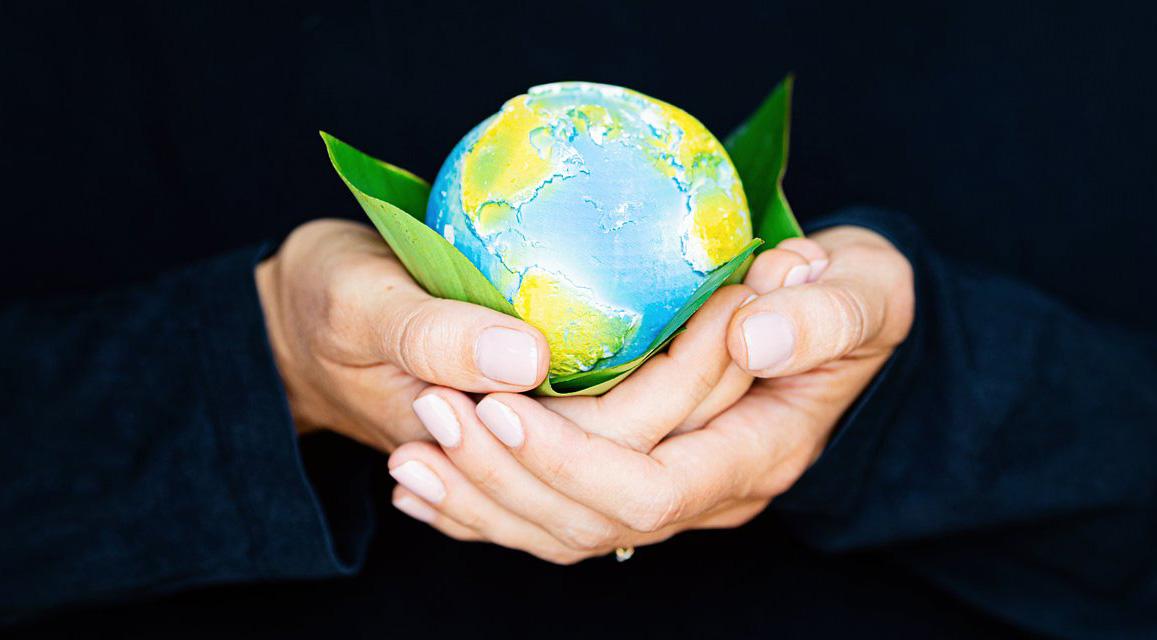Will the crisis stop sustainable development?
The analysis of ESG reports for this year will show how much sustainable development in companies was used to make a real change in the company's business model, and to what extent it turned out to be only a marketing procedure - believes Radosław Jodko, RRJ Group investment expert. It is the pressure of legal regulations that made companies strive to be “green” on the real estate market - because that's what investors expect from them.
The International Energy Agency (IEA) warns that we are dealing with the most serious energy crisis in history, which will mean not only further shortages, but also significant jumps in the prices of energy carriers. This is the result of the Russian invasion of Ukraine. How will it affect green transformation and companies' investments in sustainable development?
"Declarations at the government level are one thing, but in real terms, accelerating the green revolution in the economy is not as fast and as trouble-free as one might expect. This can be seen, for example, around the discussion and opposition of environmentalists to the draft amendment to the so-called the windmill act. The situation is also not being improved by the worse condition of enterprises, which are already cutting investments, and in the future will look for savings wherever possible," notes Radosław Jodko, an investment expert from RRJ Group.
At the level of global politics, it is probably worth paying attention to looking for diversification and ways to become independent from China, which currently controls 80 percent. solar energy chains. According to the IEA, by 2025 the share of the Middle Kingdom will increase to as much as 95%. China dominates the production of lithium-ion batteries and wind turbines.
"Going down to the level of individual companies, I would see a real change in the top-down EU regulations and their implementation in the Member States. The best example is the ESG directive (environmental, social responsibility and corporate governance). Only its implementation would really force many companies to adjust to legal solutions. Especially that the green trend responds to a certain social demand and looks good in terms of image. For now, we have seen that ESG is a great way to do branding marketing activities. Many companies have embarked on a large number of tree-planting campaigns that look good in photos, but can they indicate how realistically - in numbers and amounts - they contribute to reducing the carbon footprint?" Jodko points out.
In strictly image-building activities, I also see the greatest weakness of ESG. In a sense, the Directive made it possible through its general provisions. Therefore, before we evaluate the activities of companies in terms of ESG, let's check if the plans and projects do not coincide with the marketing or CSR budget of a given company? How much and what do they really change in the company's business model? What have the companies promised so far and what projects have they implemented?
"ESG reports for this year will certainly prove to be the test. Although it is worth noting that non-financial ESG reporting, to which more and more large companies are obliged, does not introduce any real sanctions. It does not introduce hard indicators. We know that the usual practice is that companies will only report as much as they have to. Of course, this begs the question, how do you define net zero in real estate? We will not find a precise definition in the EU directive," says Radosław Jodko.
Due to the pressure of regulations and investors, the real estate market is quickly trying to adjust to the requirements related to CO2 reduction. Highly specialized certification of buildings entails specific real solutions. Energy consumption is reduced, appropriate materials are used, solutions are designed to recover heat and the like. Photovoltaic installations are used, although so far only where cost estimates allow it.
Can high energy prices, growing critical demand for gas or other energy resources induce the EU to ease restrictions on countries? Can the war in Ukraine and the economic slowdown make a difference?
"So far, we can see that a kind of struggle is underway for energy self-sufficiency to be strongly associated with the green revolution. The United States was actively involved in supporting alternative energy sources and their diversification. The European Union is not giving up. It can be seen that this trend also in financial institutions is not disappearing, and there are more and more green products or green funds. However, the coming year will show how much sustainable development is no longer just sustainable marketing. And how much it entails changes not only in the environmental area, but also in the organizational culture. Because it is the "G" in short ESG that would be worth asking more often," believes Radosław Jodko.









